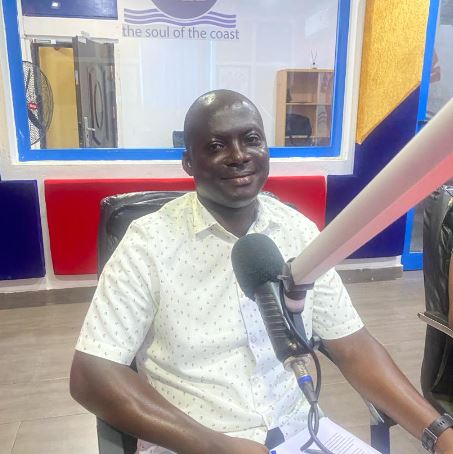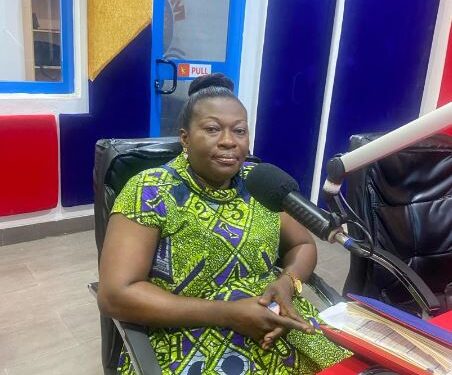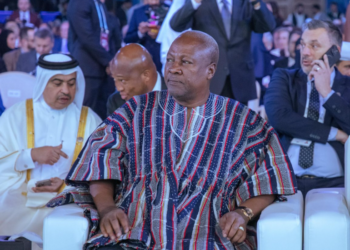The Institute of Educational Planning and Administration (IEPA) has called on policymakers to put a stand-alone policy in Ghana’s educational system to support the efficient use of Artificial Intelligence.
Making the call, Research Fellow and Lecturer at IEPA, Dr. Ophelia Affreh emphasized that this also involves policymakers being knowledgeable and prepared for A.I. innovations to navigate the changes and opportunities that AI brings effectively.
“Fostering AI-ready policymakers as individuals are the starting point in all this developmental process … So, there should be that readiness in them and that is the only way there could be conscious efforts in making some of these things happen,” she continued.
IEPA’s advocacy for stand-alone AI policy in Ghana’s Educational System is geared towards the IEPA’s move to promote lifelong learning opportunities for all in the age of artificial intelligence.
Speaking on the Atlantic Wave, Dr Ophelia Affreh emphasized the need for lifelong learning to be integrated into the formal education system.
To her, toward lifelong learning, people need to be conscious of contemporary happenings in the world, adding that thanks to technology and communication people can easily and quickly know happenings in other parts of the world.
“…and there should also be some integration elements of this artificial intelligence into our existing education and ICT policies. Also, we can focus on a specific course related to AI and education,” she continued.
She expressed that for lifelong learning and AI to be integrated into the formal education sector to prepare students, Education must be positioned to promote the culture of lifelong learning.
“So, that when children go to class, they are not going to do the learning of abstract things, but also be made to appreciate some emotional intelligence and other things. So, once education is positioned well on this call, then it will spark children’s curiosity and then encourage them to become lifelong learners.”
Dr Ophelia Affreh further suggested that a formal education system must also have open doors to target groups such as adults, people with disabilities, dropouts as well as the uneducated as they all need skills to appreciate their lives well.
“And so, if education settings like the schools open their doors for them so that aside from class cohorts, they can also come and assess the premise to learn about something, then we are caring for the diverse needs. And then whilst they are doing that, they should not forget about rubbing in these technologies. So, virtually we’ll be weaving in the AI technology.
“… we can also talk about how educational activities could be broadened especially to develop the learning communities. It can be done through family literacy and this begins with myself and you and any other person to begin from his family. And then the literacy starts there.”
Benefits of A.I
Assistant Research Fellow at IEPA, Mr. Theophilus Odame Danso underscored the need for Ghana’s Education system to leverage the many benefits of AI.
He said global initiatives like the educational platforms with their tools for learning AI made available by Google and Microsoft aim to promote diversity and inclusion in the field of AI
He added that Ghana is also making use of STEM Education, coding classes that are also available for kids are also promising towards inclusion in the AI field.

Additionally, he mentions that AI with its associated technologies has revolutionized daily activities including enhancing the learning of people with disabilities.
Mr. Theophilus Odame Danso intimated though a little costly, that should not prevent AI integration in avenues where needed especially in Education.
“Initially, setting up the system, you may go through a little headache having to set it up, but once it’s set up, you’re good to go…So, AI and technology are there for us. We have to leverage on its advantages and use of it,” he advised.
Read more news @ atlfmnews.com
Source: Flora Tang/ATLFMNEWS


























